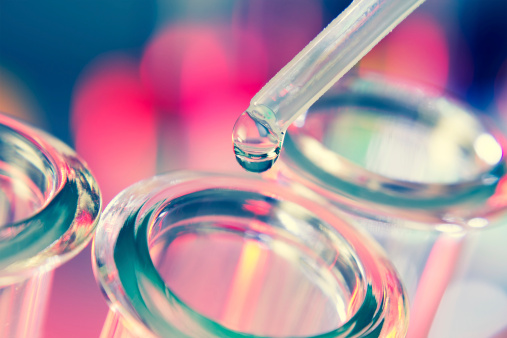Health and Healthcare
Should Gilead Really Be Rated Underperform?
Published:
Last Updated:

In the second quarter, Gilead reported $3.15 in EPS and total product sales of $8.126 billion, topping consensus estimates of$2.70 in EPS on $7.584 billion, respectively. At the same time, the HCV franchise delivered a beat with total sales of $4.899 billion ($3.608 billion of Harvoni and $1.291 billion of Sovaldi) exceeding the consensus estimates by nearly $600 million.
According to Merrill Lynch, roughly 130,000 patients in the U.S. and 55,000 patients in the EU were treated with Gilead’s HCV’s in the first half of 2015. However, the firm believes that the peak is now behind us with declining warehoused patient demand. Merrill Lynch estimates 256,000 patients will be treated in the U.S. in 2015 while the number goes down to 246,000 in 2016.
Furthermore, the firm predicts pricing weakness in the HCV market in early 2016 with anticipated market entry by Merck & Co. Inc.’s (NYSE: MRK) fixed dose combination of grazoprevir/elbasvir. Merrill Lynch’s estimates of third quarter and fourth quarter HCV product sales stand at $4.4 billion and $4.3 billion, respectively. The analysts applaud Gilead’s execution in the HCV launch; however, in the long run, the firm notes decreasing market size and additional price cuts.
As a result, Merrill Lynch reiterated an Underperform rating but raised its price objective to $107 from $101.
Ultimately Merrill Lynch gave its investment rational as:
We rate Gilead Underperform as we believe pricing trends in the HCV market could intensify over time and as additional competitors enter the market which would negatively affect the overall size of the HCV market.
Other analysts had this to say about the biotech giant:
Shares of Gilead were up 4.1% at $117.70 on Wednesday. The stock has a consensus analyst price target of $124.47 and a 52-week trading range of $85.95 to $123.37.
ALSO READ: America’s Least Healthy Fast-Food Chains
If you’re like many Americans and keep your money ‘safe’ in a checking or savings account, think again. The average yield on a savings account is a paltry .4% today, and inflation is much higher. Checking accounts are even worse.
Every day you don’t move to a high-yield savings account that beats inflation, you lose more and more value.
But there is good news. To win qualified customers, some accounts are paying 9-10x this national average. That’s an incredible way to keep your money safe, and get paid at the same time. Our top pick for high yield savings accounts includes other one time cash bonuses, and is FDIC insured.
Click here to see how much more you could be earning on your savings today. It takes just a few minutes and your money could be working for you.
Thank you for reading! Have some feedback for us?
Contact the 24/7 Wall St. editorial team.